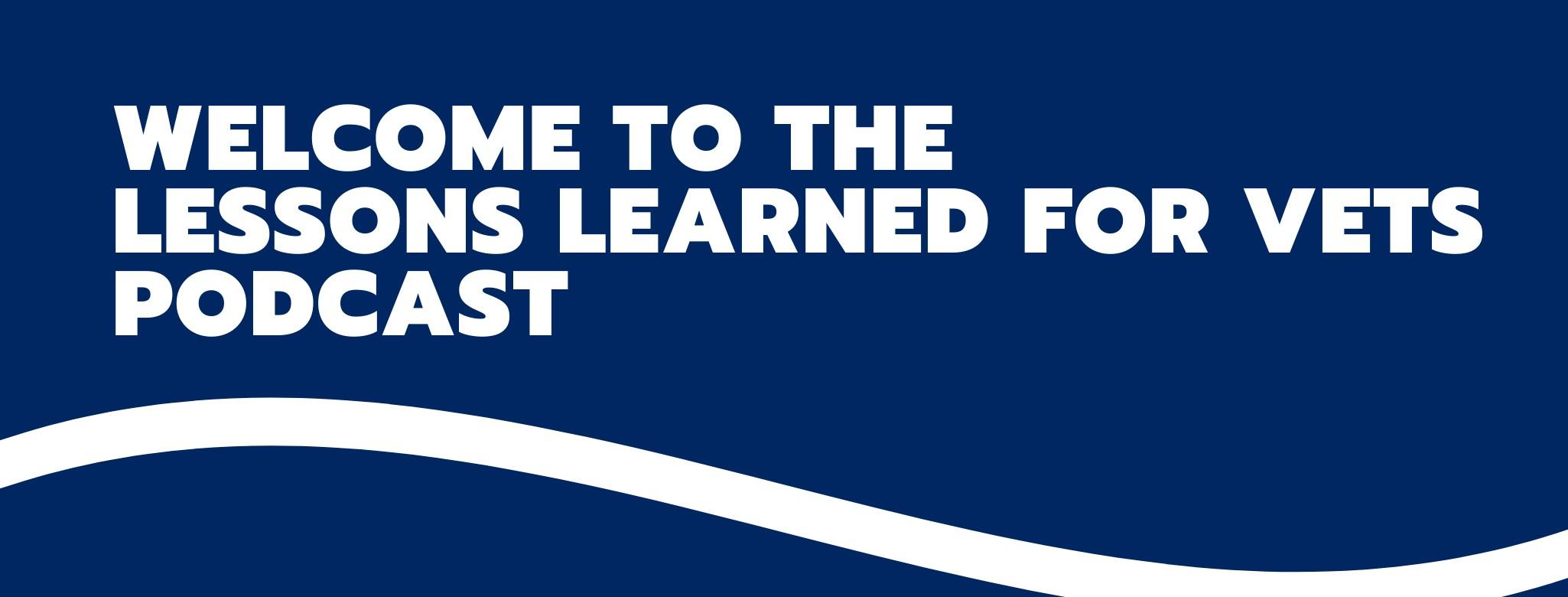
Season 3 Episode 138: Doing Things that Scare You with Matthew Langseth
After serving 21 years as a soldier in the Army, Army National Guard and Active Guard Reserve, Matthew Langseth retired in 2019. His first post-military role was working for 3 years as a Knowledge Manager for an organization that supports the Army. He is currently the Military Veteran Programs Coordinator for the City of Tucson and is the Marketing and Events Director for Vets2Industry.
After working 3 years for the DoD, Matt decided to go in a completely new direction. After landing a role as the Marketing and Events Director for Vets2Industry, Matt took advantage of Coursera’s educational resources and earned several applicable certifications. Matt encourages people to research their passions and figure out what really drives them. Find mentors in the field you want to pursue and set up informational interviews. Research job postings and make a plan to upskill or reskill. Consider finding mentors through Veterati, American Corporate Partners (ACP) or LinkedIn. People want to help, but you need to ask. Leverage your free year of LinkedIn Premium and take advantage of free courses through LinkedIn Learning. Even though you may stumble in the beginning, your hard work will produce results.
Matt credits networking for his career success. LinkedIn is a platform that has allowed him to stay connected to the military community while providing an opportunity to meet new connections who have become lifelong friends. In addition, LinkedIn has given him educational tools and resources and provided him with job opportunities. Matt uses his network to help others reach their goals. While staying humble, hungry and genuine, Matt believes LinkedIn is the best platform for career transformation.
As a volunteer for Vets2Industry, Matt interacts with many service members each month. Most transitioning service members have similar struggles with the biggest one being figuring out what they want to do next. Finding your focus is the first step in your military transition. It will dictate what resources you decide to use, who you choose to network with and how you craft your resume. Starting the transition process early will allow you the time to research career fields and conduct informational interviews. Matt admits that it took him the 3 years he worked for the DoD to find his focus. Realize that your focus may change over time. Be open to new opportunities. The second biggest struggle transitioning service members face is learning how to translate their skills.
If Matt were to transition again today, he would find out what he really wanted to do and then use the appropriate resources. In 2019, Matt was using the trendy resources of the time and checking the boxes instead of putting in the hard work of finding his focus. He likens it to fishing with no bait or the wrong bait. Matt encourages transitioning services members to find a focus, make a specific goal and then use applicable resources to achieve the goal. Use volunteer work to gain experience in the civilian sector.
Subscribe to our YouTube channel at https://tinyurl.com/llforvets22
Join the waitlist for the resume writing course that Lori is developing here: https://www.nextforvets.com/resume
Connect with Matt at https://www.linkedin.com/in/matthewplangseth/
Check out Vets2Industry at https://vets2industry.org/
SUBSCRIBE & LEAVE A FIVE-STAR REVIEW and share this with other veterans who might need help as they transition from the military!
Are You Struggling to Write Your Resume?
I created the Veteran Resume Self-inspection Checklist to lessen the resume writing struggle for veterans. This 11-item checklist will educate you in resume best practices while giving veterans a guide to assess their resume and determine if it's ready to send to employers.
Download Your Checklist Here




